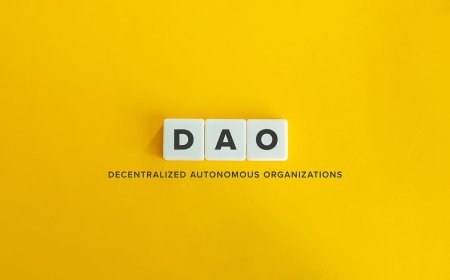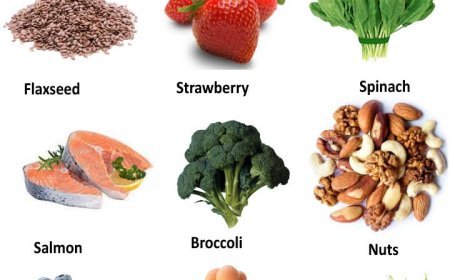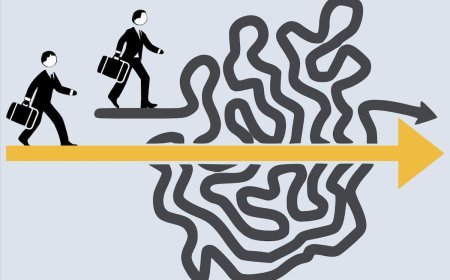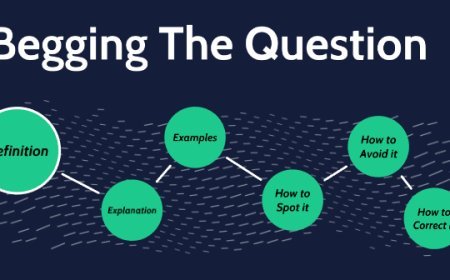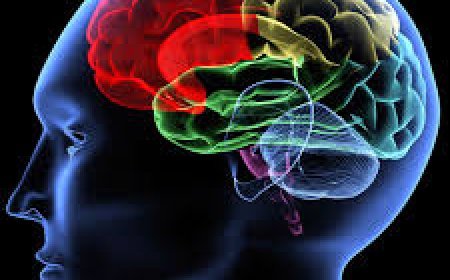The Art of Choice: Logic vs Intuition
Are you a "Logical Decider," an "Intuitive Chooser," or a "Pragmatic Balancer"? This article dissects the unique wordings and methodologies behind each decision-making style, offering insights into how logic and intuition guide our choice.

In the intricate dance of decision-making, humanity often finds itself at a crossroads, pondering whether to lean on the cold, hard facts presented by logic or to heed the whispers of intuition. This internal debate gives rise to fascinating archetypes: the "Logical Decider," the "Intuitive Chooser," and the "Pragmatic Balancer." While distinct in their approaches, each offers valuable insights into how we navigate the complexities of life.

The "Logical Decider" operates much like a meticulously programmed computer. Their world is governed by data, evidence, and a rigorous adherence to cause and effect. When faced with a choice, they will meticulously gather information, analyze probabilities, and construct a step-by-step argument for the most rational path forward. Every variable is weighed, every potential outcome is simulated, and every conclusion is scrutinized for its soundness. For the Logical Decider, the optimal solution is the one that minimizes risk and maximizes efficiency, based on demonstrable facts. The wordings they use are often precise, unambiguous, and data-driven, reflecting their systematic thought process. They might say, "Based on the Q3 earnings report and market trends, the logical course of action is to divest in underperforming assets," rather than relying on a gut feeling.

In stark contrast, the "Intuitive Chooser" is guided by an internal compass, an almost subconscious understanding that defies easy explanation. For them, decisions often emerge from a feeling, a hunch, or a sudden flash of insight that bypasses conscious reasoning. This isn't to say their choices are random; rather, they are often the product of years of accumulated experience, pattern recognition, and an acute sensitivity to subtle cues that others might miss. The wordings an Intuitive Chooser might employ are more experiential and less formal. They might express, "It just feels right," or "My gut tells me this is the way to go," even if they can't articulate the specific reasons. Their strength lies in their ability to make rapid decisions in high-pressure situations, or to spot opportunities that logical analysis might overlook due to its inherent limitations in processing novel or incomplete information.
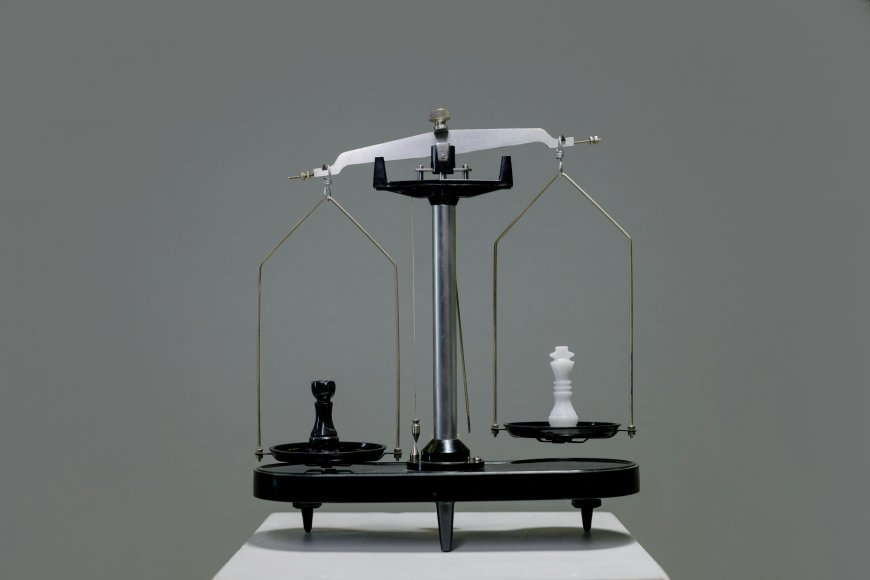
Then there is the "Pragmatic Balancer," who recognizes the strengths and weaknesses of both logic and intuition and seeks to integrate them. This archetype understands that while logic provides a robust framework for analysis, intuition can offer valuable shortcuts and insights, particularly in situations where data is scarce or the problem is ill-defined. The Pragmatic Balancer doesn't dismiss either approach but rather employs them in concert. They might start with a logical assessment, but then allow their intuition to fine-tune the decision or even pivot entirely if a strong intuitive signal emerges. Their wordings often reflect this blended approach, using phrases like, "Logically, this makes sense, but my intuition is urging caution," or "While the numbers support this, I have a strong feeling we should explore alternative options." They are adept at recognizing when to trust the quantifiable and when to rely on the qualitative, understanding that true wisdom often lies in the synthesis of both.
Ultimately, there is no single "right" way to make decisions. The effectiveness of being a "Logical Decider," an "Intuitive Chooser," or a "Pragmatic Balancer" often depends on the context, the stakes involved, and the individual's unique cognitive strengths. Recognizing these different wordings and approaches can not only help us better understand our own decision-making processes but also foster greater appreciation for the diverse ways in which others navigate the world. In an increasingly complex global landscape, perhaps the most effective approach is to cultivate the flexibility to embody aspects of all three, adapting our decision-making style to suit the demands of the moment. The interplay between logic and intuition is not a battle to be won, but a rich and dynamic partnership to be harnessed.
What's Your Reaction?
 Like
0
Like
0
 Dislike
0
Dislike
0
 Love
0
Love
0
 Funny
0
Funny
0
 Angry
0
Angry
0
 Sad
0
Sad
0
 Wow
0
Wow
0








